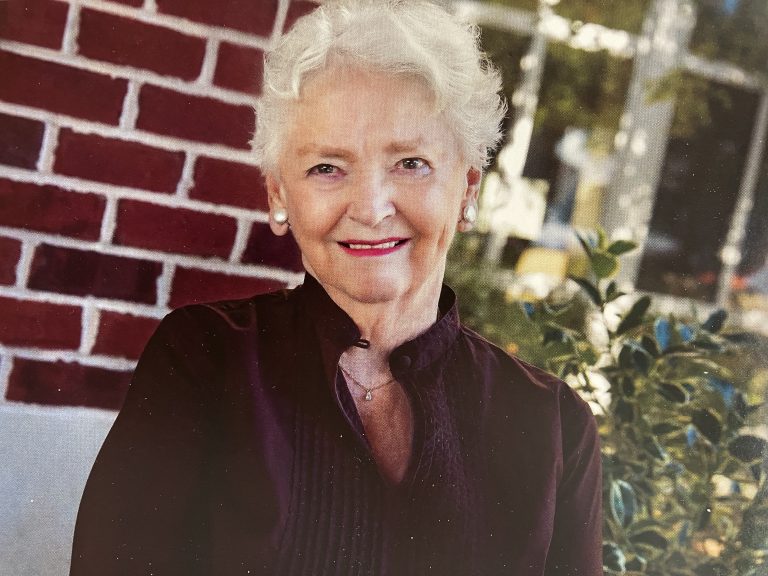Mitigating Climate Change by Making Green Tech Cheaper
By Cheryl Alkon
Evan Chapman ’11, Federal Policy Director, Clean Air Task Force
WHAT’S YOUR BIG IDEA?
I would see the cost gap—or what Bill Gates and others call the “green premium”—closed between clean technologies and those that emit greenhouse gasses.
WHY IS IT IMPORTANT?
By lowering that gap, there would be no additional cost to choosing climate-friendly options, making it more viable for many people and our planet.
Today’s clean technologies–like electric vehicles, nuclear energy, or zero-carbon cement–are expensive. That’s because the social costs of higher-emitting tech are not adequately considered.
But imagine if electric vehicles cost the same as gas-powered cars. Or if nuclear, wind, and solar energy were the same price as—or even cheaper than—natural gas. Imagine if the cost barrier to clean energy was reduced or even eliminated.
“There are different ways to accomplish this goal,” said Evan Chapman ’11, “and different policy options will better fit each sector.”
Politics and climate have long been his thing. Today, he works as a federal policy director with Clean Air Task Force (CATF), an environmental advocacy organization dedicated to removing carbon from the atmosphere and achieving a zero-emissions, high-energy planet at an affordable cost. Based in Washington, DC, Chapman collaborates with Congress and government agencies on climate issues.
Earlier in his career, he worked as the deputy chief of staff and legislative director for Congressman A. Donald McEachin (D-VA), where he created laws focused on reducing air pollution and long-term environmental pollution, advancing equity and environmental justice, and incorporating technology to help with climate change.
“From an early age, I was interested in our environment,” said Chapman, who studied Political Communication and minored in Marketing at Emerson and later earned a master’s degree in public policy from George Mason University. “I first remember thinking seriously about climate—at least as much as you can at 11 or 12—during Al Gore’s run for President in 2000. From then, I knew that this was something that I wanted to be involved in.”
He wrote his Emerson application essay on the climate and how best to build awareness about the importance of climate action, and said he feels fortunate to have been able to build a career around climate and the environment. “Through professors like Michael Weiler and Greg Payne, to a class with Howard Dean’s 2004 campaign manager, Joe Trippi, I was able to explore my interest in policy, politics, and advocacy at Emerson,” he said.
Today, Chapman’s work is devoted to improving long-standing climate and environmental concerns “to develop the next policies we will need to make sure that we are able to meet our nation’s climate goals,” he said.







